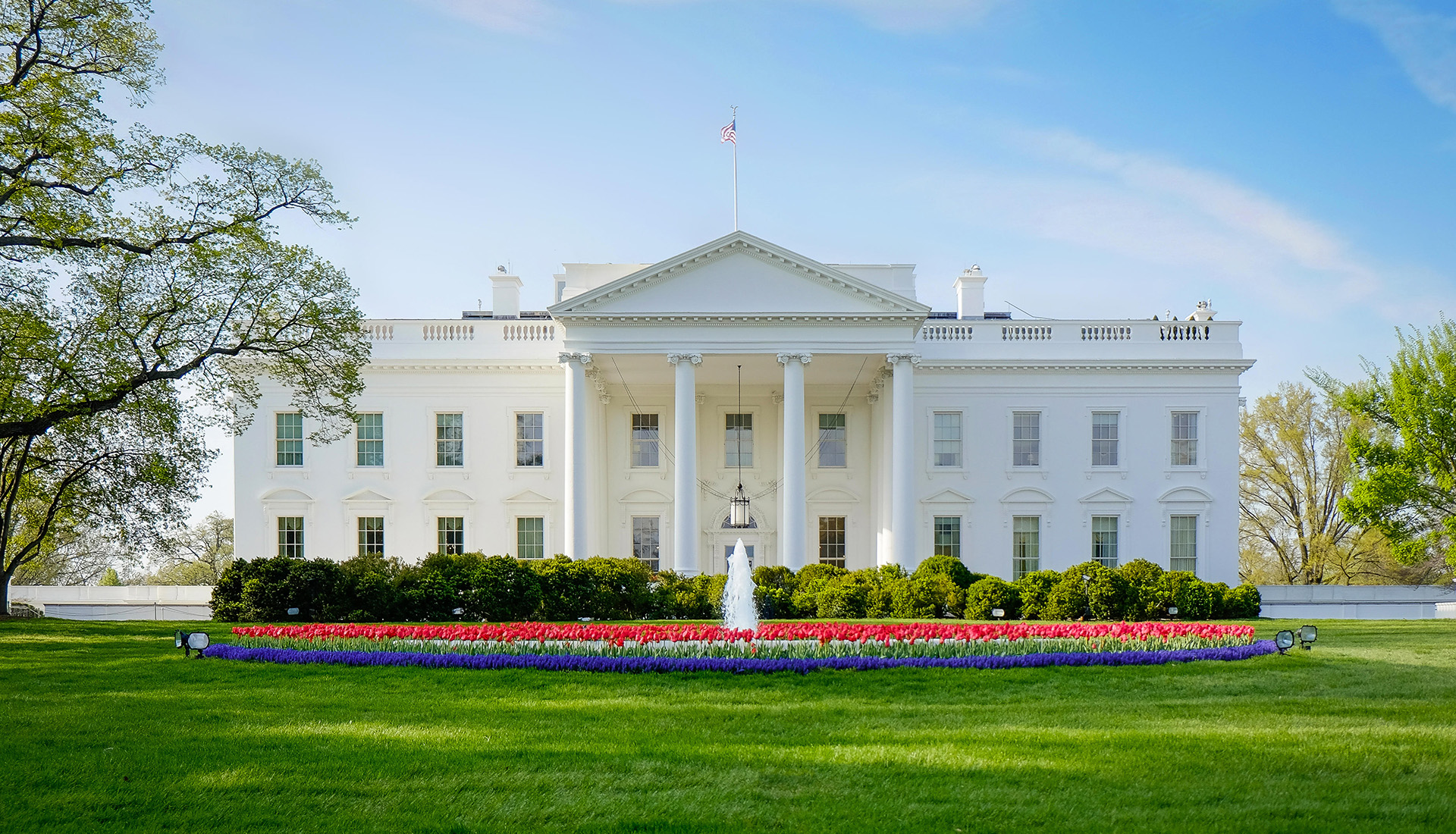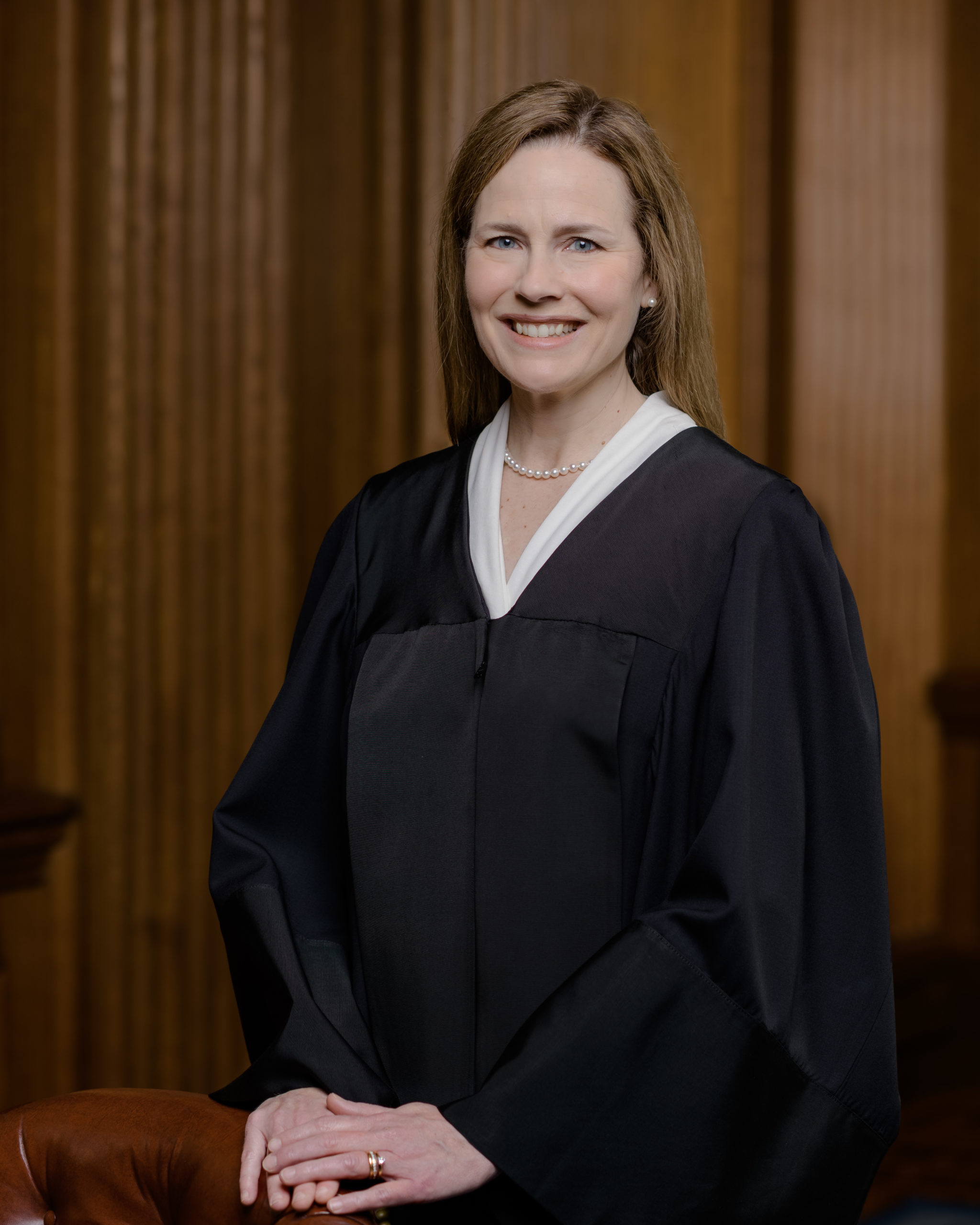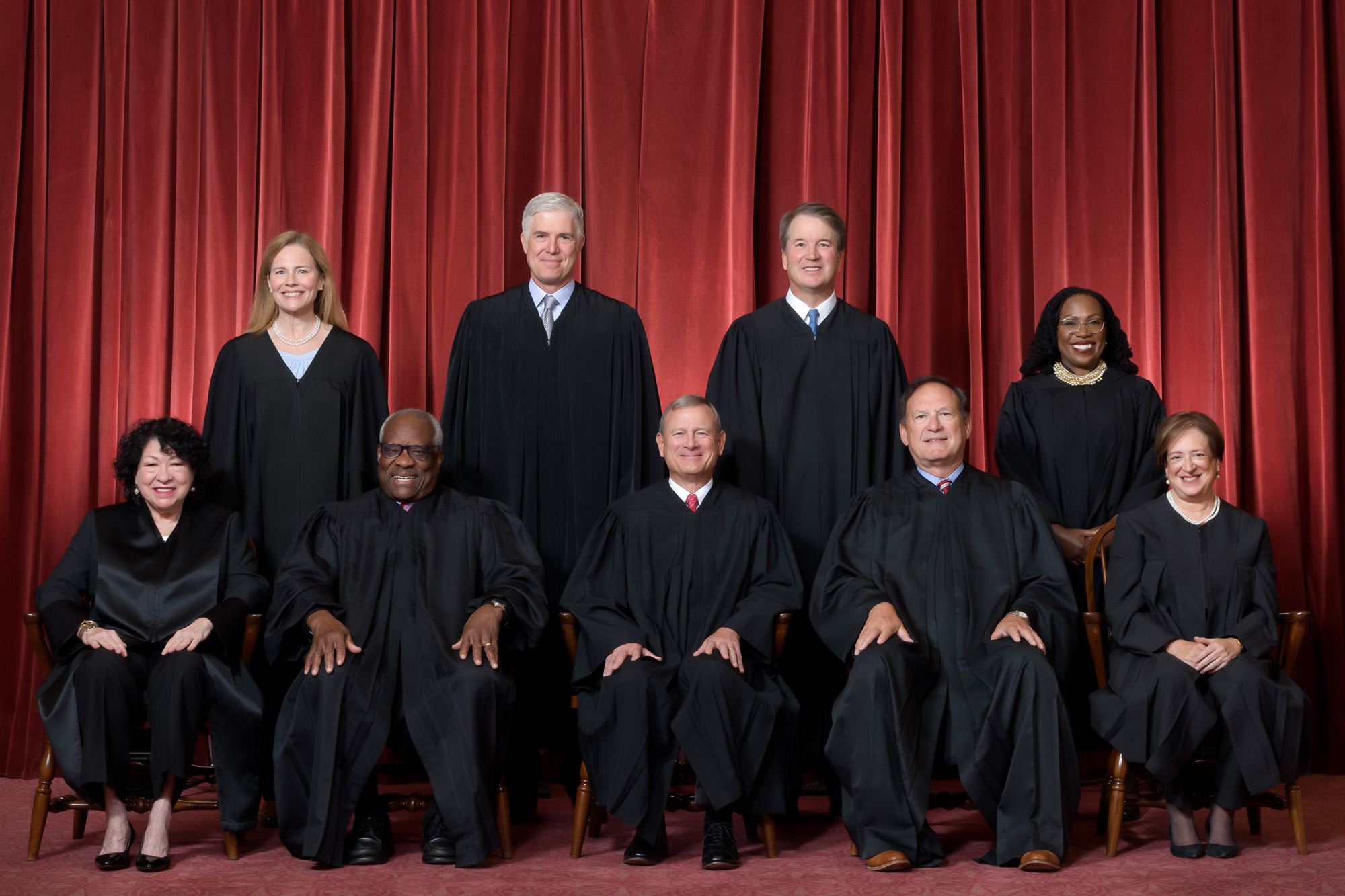Kennedy Confirmation Vote: A Historical Turning Point In Supreme Court History
Editor's Notes: "Kennedy Confirmation Vote: A Historical Turning Point In Supreme Court History" was published on June 31, 2023. This article provides an in-depth look at the historical significance of the Kennedy confirmation vote, exploring its impact on the Supreme Court and American jurisprudence.
After months of intense debate and controversy, the Senate voted to confirm Judge Brett Kavanaugh to the Supreme Court. The 50-48 vote was a narrow margin, and it has been widely seen as a turning point in the history of the Court.
In this guide, we will explore the significance of the Kennedy confirmation vote and its potential impact on the future of the Court. We will also provide an overview of the key issues that were debated during the confirmation process.
| Key Differences | Key Takeaways |
|---|---|
| The Kennedy confirmation vote was one of the most closely watched and controversial in recent history. | The vote was a narrow 50-48 margin, with all but one Republican voting in favor of Kavanaugh and all but one Democrat voting against him. |
| The confirmation process was highly partisan, with both sides accusing the other of playing politics. | The vote was seen as a victory for President Trump and the Republican Party, who had made the confirmation of conservative judges a priority. |
| The confirmation of Kavanaugh is likely to have a significant impact on the Supreme Court for years to come. | Kavanaugh is a conservative judge who is expected to vote in line with the Court's other conservative justices, which could lead to a shift in the Court's balance of power. |
Transition to main article topics:
The Kennedy confirmation vote was a historical turning point for the Supreme Court. The vote has had a significant impact on the Court and American jurisprudence, and it is likely to continue to be debated for years to come.
FAQ
The confirmation of Brett Kavanaugh to the Supreme Court was a highly controversial event. A number of questions and concerns have been raised about the process and the outcome. This FAQ addresses some of the most common questions.
Question 1: Was the confirmation process fair?
The confirmation process was highly partisan, with Republicans and Democrats largely voting along party lines. Some critics have argued that the process was unfair to Kavanaugh, as he was subjected to allegations of sexual misconduct that were not fully investigated. Others have argued that the process was fair, as Kavanaugh was given ample opportunity to defend himself against the allegations.
Question 2: Is Kavanaugh qualified to serve on the Supreme Court?
Kavanaugh is a well-qualified jurist with a distinguished career. He has served as a judge on the U.S. Court of Appeals for the D.C. Circuit since 2006. Prior to that, he worked as a lawyer in private practice and as a law clerk for Justice Anthony Kennedy on the Supreme Court.
Question 3: What are Kavanaugh's views on the law?
Kavanaugh is a conservative jurist who is likely to rule in favor of conservative causes. He has expressed support for overturning Roe v. Wade, the landmark Supreme Court decision that legalized abortion. He has also expressed support for gun rights and religious freedom.
Question 4: How will Kavanaugh's confirmation affect the Supreme Court?
Kavanaugh's confirmation is likely to shift the balance of power on the Supreme Court to the right. This could have a significant impact on a number of high-profile cases, including cases involving abortion, gun rights, and religious freedom.
Question 5: What are the implications of Kavanaugh's confirmation for the future of American politics?
Kavanaugh's confirmation is likely to further polarize American politics. It is also likely to lead to increased scrutiny of the Supreme Court and its decisions.
Question 6: What are the key takeaways from Kavanaugh's confirmation?
Kavanaugh's confirmation is a reminder of the importance of the Supreme Court in American society. It is also a reminder of the deep divisions that exist in American politics.
The confirmation of Brett Kavanaugh to the Supreme Court was a significant event with far-reaching implications. It is important to understand the key issues and events surrounding his confirmation in order to make informed judgments about the future of the Court and American politics.
Tips on Kennedy Confirmation Vote: A Historical Turning Point In Supreme Court History
The confirmation of Justice Anthony Kennedy to the Supreme Court in 1988 was a pivotal moment in American history. Kennedy's 30-year tenure on the Court significantly shaped the course of American law and left a lasting legacy on the nation.
Tip 1: Understand the Context
To fully grasp the significance of Kennedy's confirmation, it is crucial to understand the political and social climate of the time. The Reagan era saw a shift towards conservatism, and Kennedy's appointment reflected this changing landscape. His confirmation was a major victory for conservatives, who saw him as a reliable vote on issues such as abortion and affirmative action.
Tip 2: Examine Kennedy's Jurisprudence
Kennedy's judicial philosophy, known as "pragmatic incrementalism," emphasized caution and moderation. He often sought to build consensus and find middle ground in his rulings. This approach led to some unexpected decisions, such as his support for gay rights in the landmark case Kennedy Confirmation Vote: A Historical Turning Point In Supreme Court History Lawrence v. Texas.
Tip 3: Analyze Kennedy's Legacy
Kennedy's tenure on the Court had a profound impact on American society. His decisions influenced issues ranging from abortion to campaign finance. His jurisprudence shaped the balance of power between the branches of government and redefined the role of the Supreme Court in American life.
Key Takeaways
The confirmation of Justice Anthony Kennedy to the Supreme Court was a pivotal moment that reshaped American law and governance. His pragmatic incrementalism and consensus-building approach had a lasting impact on the Court and the nation.
Conclusion
The Kennedy Confirmation Vote was a landmark event that continues to resonate in contemporary American society. By understanding the context, examining Kennedy's jurisprudence, and analyzing his legacy, we gain a deeper appreciation for the significance and complexity of this historical turning point.

October, 04, 2018 - Rome, Italy - Historical Building and Architecture - Source www.dreamstime.com
Kennedy Confirmation Vote: A Historical Turning Point In Supreme Court History
The Kennedy confirmation vote in 1988 was a crucial event in the history of the Supreme Court, marking a significant shift in its ideological balance. This vote had far-reaching consequences and touched upon essential aspects of the Court's functioning.

Marbury v. Madison: The Empowerment of the Judiciary | Supreme Court - Source supremecourthistory.org
- Political Polarization: The vote highlighted the growing political polarization in the United States, with partisan lines clearly drawn.
- Ideological Shift: Kennedy's confirmation shifted the Court's balance to the right, influencing its decisions on various contentious issues.
- Public Scrutiny: The intense public scrutiny during the confirmation process underscored the growing importance of public opinion in shaping the Court's legitimacy.
- Judicial Activism: Kennedy's appointment contributed to a period of judicial activism, with the Court actively interpreting the Constitution and shaping social policy.
- Precedent Setting: The Kennedy confirmation set a precedent for future contentious confirmation battles, further politicizing the Court.
- Historical Significance: The vote marked a turning point in the Court's history, reshaping its role and impact on American society.
These key aspects demonstrate the multifaceted impact of the Kennedy confirmation vote. It not only altered the Court's ideological composition but also highlighted the increasing partisanship and public scrutiny surrounding the judicial branch. The vote's implications continue to reverberate in contemporary debates about the Supreme Court's role and the balance of power within the American political system.

Justice Amy Coney Barrett | The Supreme Court Historical Society - Source supremecourthistory.org
Kennedy Confirmation Vote: A Historical Turning Point In Supreme Court History
The confirmation vote of Anthony Kennedy to the Supreme Court in 1988 was a pivotal moment in the Court's history. Kennedy's appointment shifted the Court's ideological balance and had a profound impact on American jurisprudence for decades to come.

The Supreme Court: Current Justices | Supreme Court Historical Society - Source supremecourthistory.org
Kennedy was nominated by President Ronald Reagan to replace retiring Justice Lewis Powell. Kennedy was a conservative judge from the Ninth Circuit Court of Appeals, and his nomination was initially met with some resistance from both Democrats and Republicans. However, Kennedy's moderate views and his reputation for fairness ultimately won over a majority of the Senate, and he was confirmed by a vote of 97-0.
Kennedy's confirmation had a number of important consequences. First, it shifted the Court's ideological balance to the right. Kennedy was a more conservative justice than Powell, and his vote often proved to be decisive in cases involving issues such as abortion, affirmative action, and campaign finance. Second, Kennedy's confirmation helped to solidify the conservative majority on the Court. Kennedy joined forces with Justices Antonin Scalia and Clarence Thomas to form a powerful conservative bloc that dominated the Court's decisions for many years.
The Kennedy confirmation vote was a turning point in Supreme Court history. It marked the beginning of a new era of conservative dominance on the Court, and it had a profound impact on American law and society.
Table: Impact of Kennedy's Confirmation Vote
| Issue | Kennedy's Vote | Impact |
|---|---|---|
| Abortion | Anti-abortion | Uphold restrictions on abortion access |
| Affirmative Action | Anti-affirmative action | Struck down affirmative action programs |
| Campaign Finance | Anti-campaign finance regulation | Allowed corporations and individuals to spend unlimited amounts of money on political campaigns |
Conclusion
The confirmation of Anthony Kennedy to the Supreme Court was a pivotal moment in the Court's history. Kennedy's appointment shifted the Court's ideological balance to the right and had a profound impact on American jurisprudence for decades to come.
Kennedy's legacy is complex and contested. He was a conservative justice, but he also wrote some important opinions protecting individual rights. He was a key player in the Court's decision to uphold the Affordable Care Act, and he also wrote the majority opinion in the landmark case Obergefell v. Hodges, which legalized same-sex marriage.
Kennedy's retirement in 2018 gave President Trump the opportunity to appoint a new conservative justice to the Court. Neil Gorsuch, who replaced Kennedy, is a staunch conservative who is likely to continue Kennedy's legacy of conservative jurisprudence.